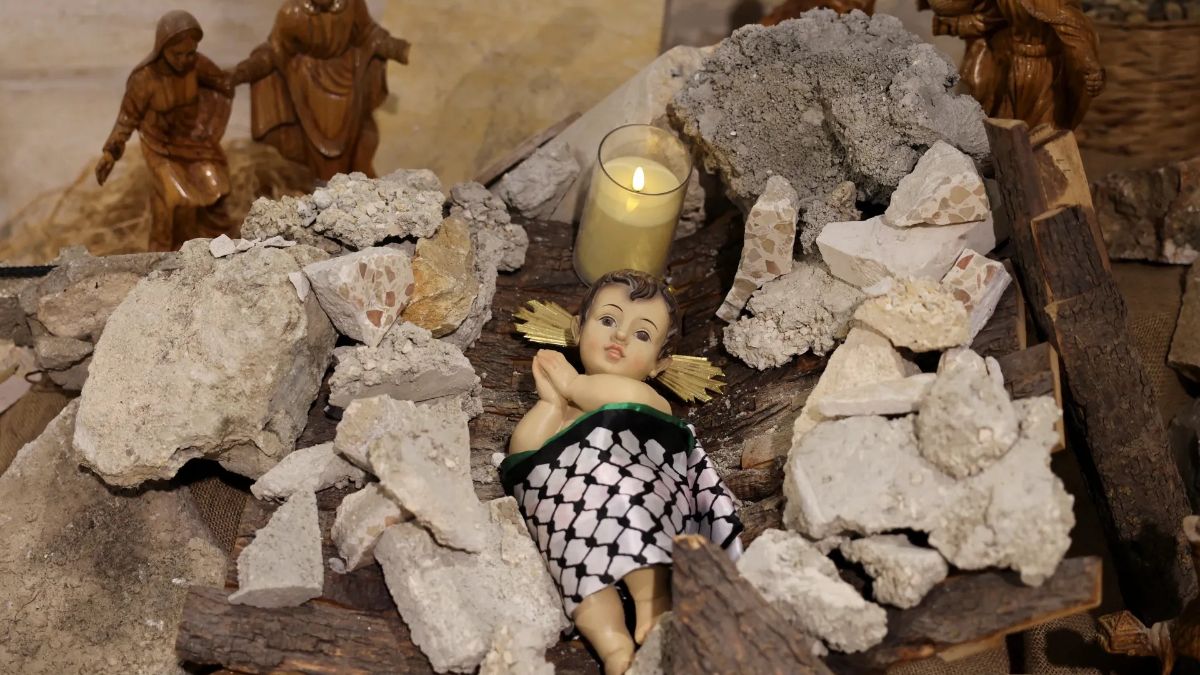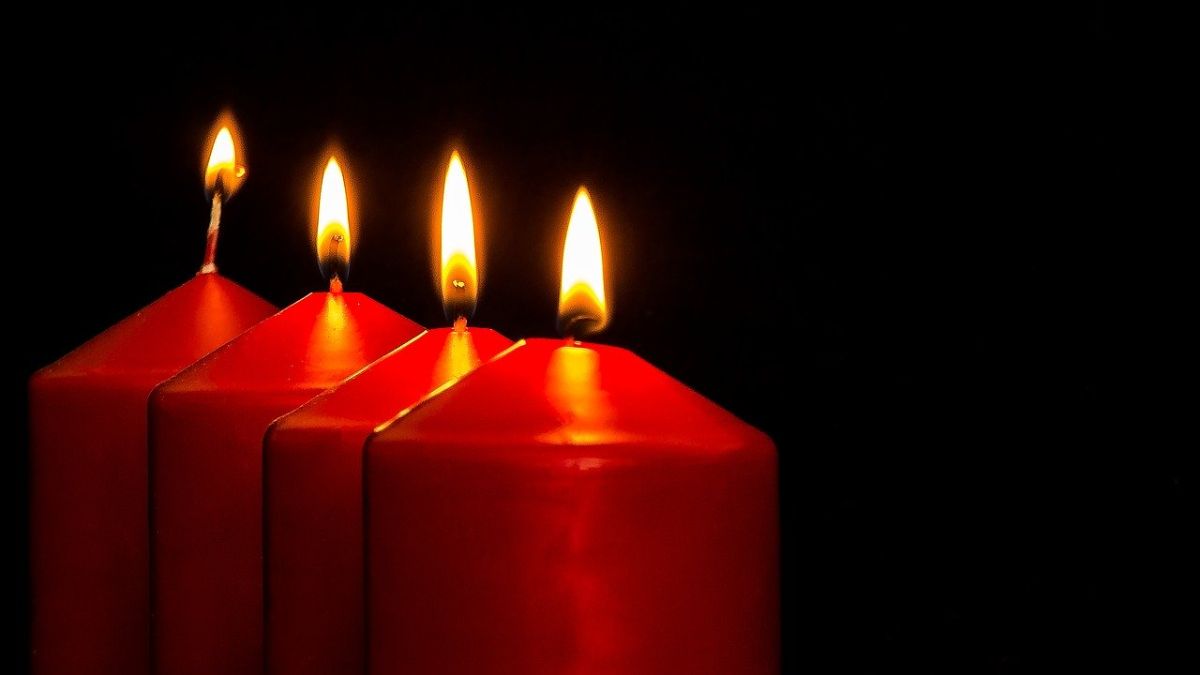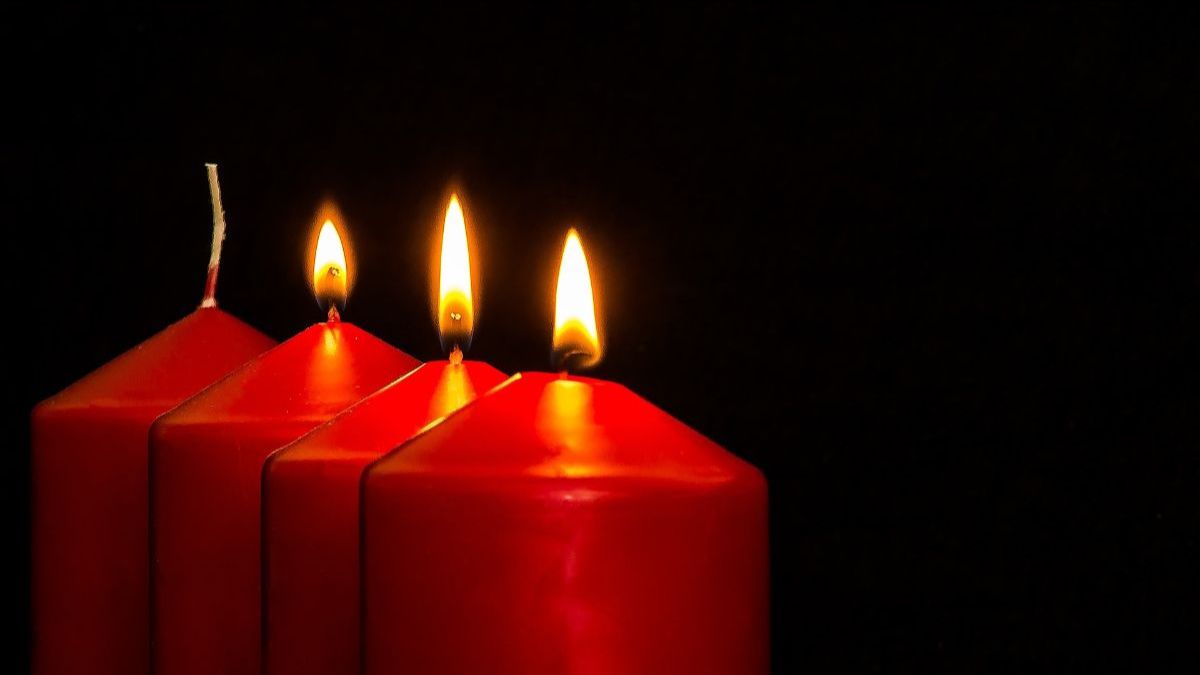Mercy or Sacrifice?
"Not one stone will be left here upon another; all will be thrown down.... Nation will rise against nation."
Mark 13:1-8
November 16, 2015, Words By: Kris Rocke, Image By: "Slaughterhouse" by Falcon Photography
A community without sacrifice is a really good thing. It is also a really dangerous thing, as this week’s text suggests.*
When Jesus told his disciples that the temple would fall, he was right. It was destroyed in 70 C.E. by the Romans. But there is another, more important, sense in which Jesus saw the temple falling. He saw the sacrificial logic that sustains the temple beginning to crumble, and when this happens the entire system falls apart – slowly but surely. This is what Jesus set in motion on the cross and it’s truly great news, but let’s be clear, it also creates an unstable and dangerous situation in which “nation will rise against nation.” How can this be?
The temple was the religious heart of Jerusalem. It was also the single largest economic engine organized around an elaborate sacrificial system. As James Warren writes in Compassion or Apocalypse? “ overshadowed Jerusalem and dominated life in the city. Eighty percent of employment in Jerusalem depended on the temple, not only on its day to day ritual needs but also on the periodic pilgrim festivals and the ongoing building project which it constituted. Nine thousand priests and Levites worked there, although not at the same time, operating what was in fact a giant abattoir (slaughterhouse).
“The twice-daily official sacrifices on the vast ever-burning altar consumed thousands of animals and forests of wood. There were cattle pens on the north side and sometimes the water of the Kidron stream where the blood was flushed became so thick that it was sold to farmers as fertilizer. Over it all hung a pall of smoke from burning flesh….”
Sacrificial logic is convinced that God needs innocent blood to be satisfied – and ultimately only the blood of God’s own son can appease his holy wrath. This has been the dominant view for the last 1,000 years. Tempers often run hot when this view is questioned, but I’d like to suggest the possibility that, like the temple and the sacrificial logic that sustains it, the dominant view is falling apart (whether we like it or not). When Jesus was crucified, he made a “public spectacle” (Col. 2:15) of the sacrificial system and the logic that holds it together. The minority view I am lifting up reverses the polarity of sacrificial logic. In other words, it’s our wrath, not God’s, that needs to be satisfied. It’s we who are angry, not God. At the cross, we became like violent gods and God became a peaceful human. The real abattoir is not the temple of God’s heart, but ours. God says, “I desire mercy, not sacrifice.”
This view sees Jesus dismantling the sacrificial system by means of mercy. “Father, forgive them, for they know not what they do.” Mercy is the only thing strong enough to break the cycle of violence. Imagine that! It’s taken 2,000 years for the stones to fall. They are still coming down.
The question remains. How does the elimination of the sacrificial system lead to “nation against nation”? Caiaphas, the high priest, connects the dots. “It is better for you to have one man die for the people than to have the whole nation destroyed” (John 11:50). Caiaphas sees the hidden truth of sacrifice. A little blood spares a lot of blood. We sacrifice the few for the sake of the many. But when we no longer have a sacrificial system to limit the spread of violence, communities become unstable. The potential for violence multiplies. Eventually, “nation will rise against nation.” Jesus warns us not to be surprised about this.
There is only one way out of the slaughterhouse and that is mercy. Lord, have mercy!
Peace,
Kris Rocke
Street Psalms
*Our work as a training organization demands that we reflect deeply on how the Gospel of Jesus makes peace in the context of violence. Our staff and network have varying views on how to interpret difficult texts like this week’s text, but on this we can agree – Jesus is the liberator, not our theology!



